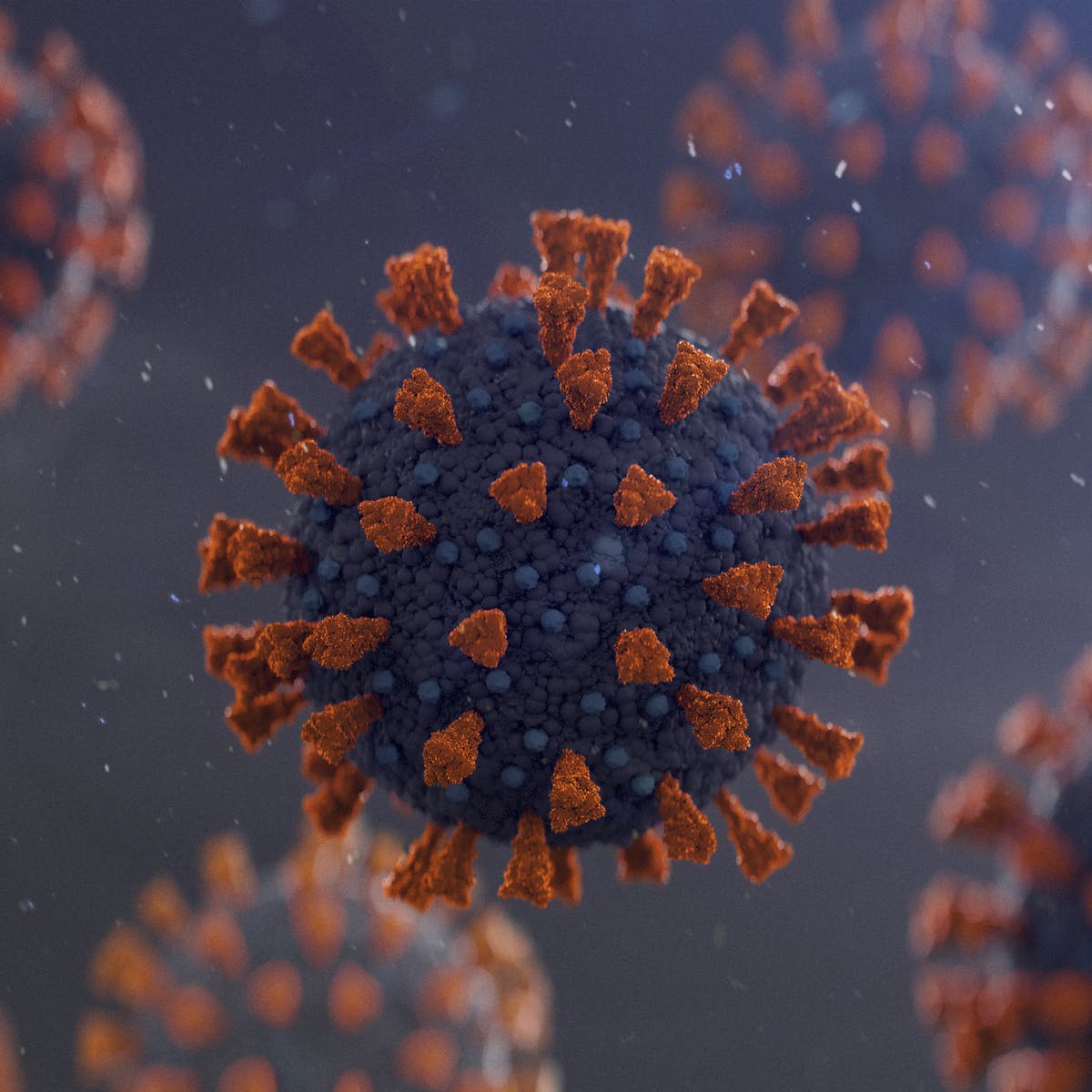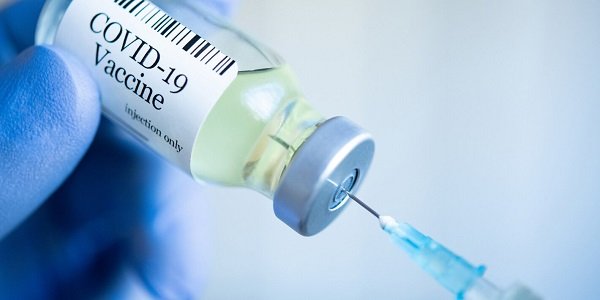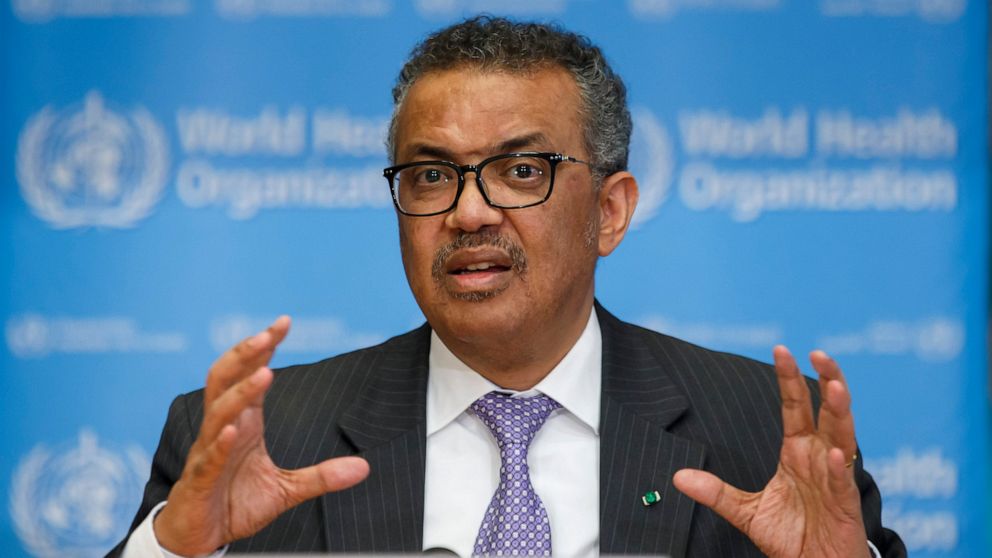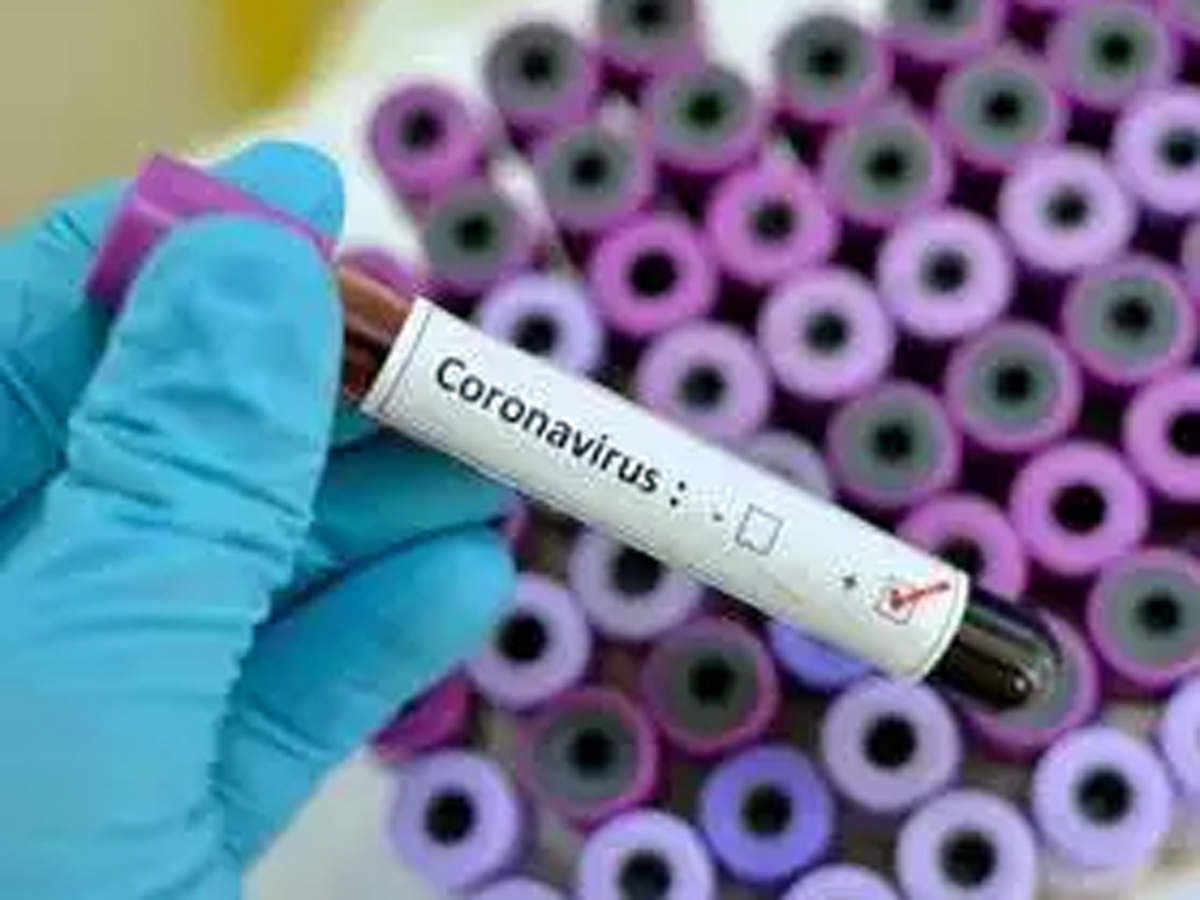The Nigeria Centre for Disease Control, (NCDC), says no person in Nigeria has died of COVID-19 with the B.1.1.529 SARS-CoV-2 lineage, the Omicron variant, in the country, as the variant surges across the country.
The NCDC Director-General, Dr Ifedayo Adetifa, disclosed this to newsmen on Friday in Abuja.
The News Agency of Nigeria (NAN) reports that Data from the African Union (AU) shows that the Omicron variant of the coronavirus is spreading rapidly across the African continent.
AU’s Africa Centres for Disease Control and Prevention (CDC) said as of Thursday, that 22 countries have reported the presence of the Omicron variant.
“We can see clearly that Omicron is spreading very quickly,” said John Nkengasong of the CDC.
Around a month after South Africa first discovered the more infectious variant, it has now been detected as far as Egypt, Togo, Morocco, Kenya, Mauritius and Burkina Faso.
Nkengasong said there are grounds for optimism, pointing to initial findings from South Africa that Omicron posed up to 80 per cent less risk of severe disease compared to the Delta variant.
However, he cautioned against applying these early findings to other countries.
Across Africa, 253,000 new coronavirus infections were recorded last week, a 21 per cent increase on the previous week.
Adetifa noted that Omicron has raised the number of confirmed cases in the country to 500 per cent, and now has become the dominant variants in the country.
The NCDC boss said that the country has now identified a further 45 cases of the omicron variant, bringing the total number of confirmed infections to 51.
He added that the 45 additional omicron variants were not cases from travel history, rather they are in country, which suggests that the country is already experiencing a community transmission.
He said that the six earlier detected Omicron cases were detected in persons with recent travel history to South Africa.
Adetifa stressed that it was important for Nigerians to maintain physical distance and avoid contact with anyone showing symptoms of respiratory illness.
“We are counting on you to #CelebrateResponsibly and #TakeResponsibility to keep yourself and your loved ones safe from COVID-19,” he urged.
He advised Nigerians that the further measures to curb the spread of Omicron was by reducing group sizes, increasing physical distancing, reducing duration of contacts and closing high-risk premises.
He noted that indoor mixing was the “biggest risk factor” for the spread of Omicron, and that large gatherings risked creating “multiple spreading events”.
Adetifa stressed that Nigerians should take the advisory issued by the Presidential Steering Committee on COVID-19, adding that it would greatly reduce the effectiveness of such interventions and make it is less likely that these would prevent considerable pressure on health and care settings.
Meanwhile, the National Primary Health Care Development Agency (NPHCDA), is insisting that the national booster campaign remains the main tool in the country’s arsenal for curbing the spread of Omicron.
The agency suggested that all the COVID-19 vaccines in the country offer “significant protection” against the Omicron variant, and that two doses should still ward off severe disease.
It comes as the EU medicines watchdog said that there were early indications the Omicron variant may cause milder disease than previous strains.
The suggestion from the European Medicines Agency (EMA) echoed similar findings from the World Health Organization (WHO), which said earlier this week there was some evidence that Omicron causes less severe disease than the dominant Delta strain.
“Cases appear to be mostly mild, however, we need to gather more evidence to determine whether the spectrum of disease severity caused by Omicron is different from that of all the variants that have been circulating so far,” said Marco Cavaleri, EMA’s head of biological health threats and vaccines strategy.




